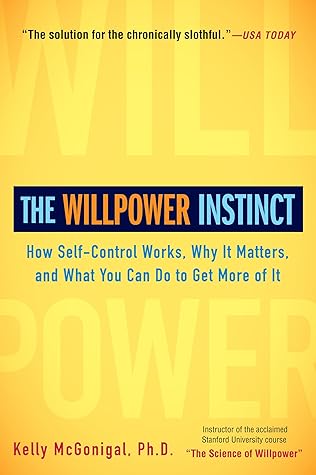More on this book
Community
Kindle Notes & Highlights
The students who had rejected obviously sexist or racist statements felt they had established their moral credentials. They had proven to themselves that they were not sexist or racist, but this left them vulnerable to what psychologists call moral licensing.
When you do something good, you feel good about yourself. This means you’re more likely to trust your impulses—which often means giving yourself permission to do something bad. In this case, the students felt so good about themselves for rejecting the sexist and racist statements, they became less vigilant about making a sexist or racist decision.
Before you ask your doctor for dopamine-suppressing drugs, it’s worth contemplating the upside of the promise of reward. While we get into trouble when we mistake wanting for happiness, the solution is not to eliminate wanting. A life without wants may not require as much self-control—but it’s also not a life worth living.
Common sense says that the message “Everyone indulges sometimes; don’t be too hard on yourself” will only give dieters permission to eat more. And yet getting rid of guilt kept the women from overindulging in the taste test. We may think that guilt motivates us to correct our mistakes, but it’s just one more way that feeling bad leads to giving in.
If you think that the key to greater willpower is being harder on yourself, you are not alone. But you are wrong. Study after study shows that self-criticism is consistently associated with less motivation and worse self-control.
In contrast, self-compassion—being supportive and kind to yourself, especially in the face of stress and failure—is associated with more motivation and better self-control.
Stress-relief strategies that work. The next time you’re stressed out, try one of the stress-relief strategies that really work, such as exercising or playing sports, praying or attending a religious service, reading, listening to music, spending time with friends or family, getting a massage, going outside for a walk, meditating or doing yoga, and spending time with a creative hobby.


